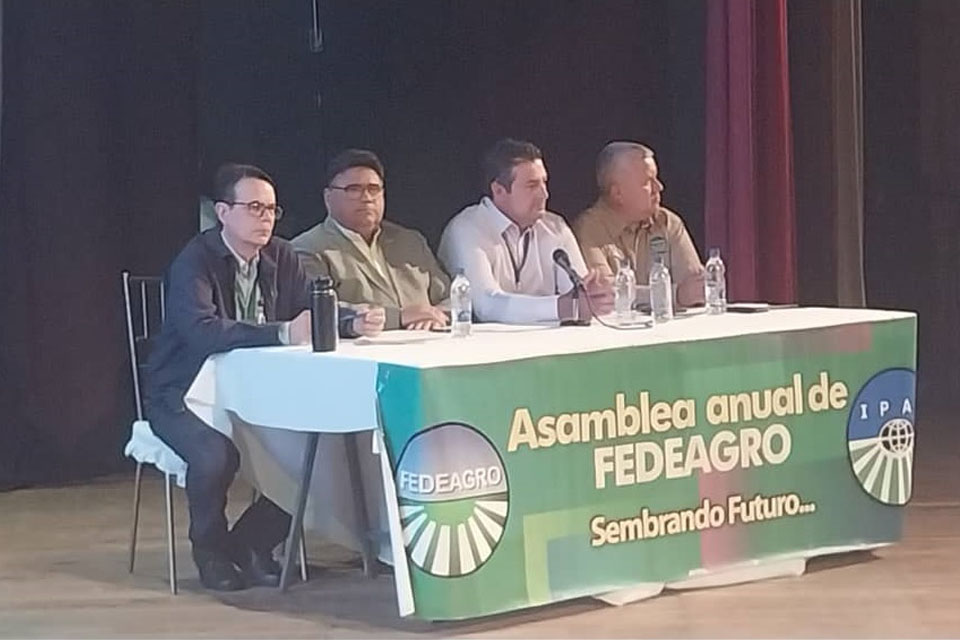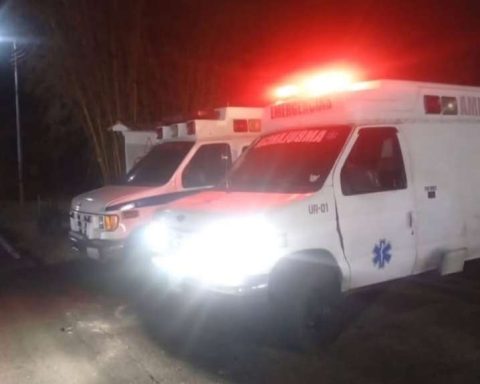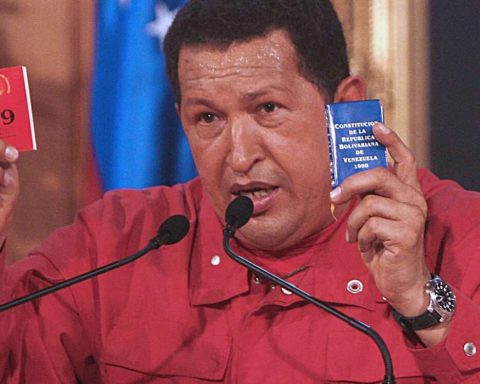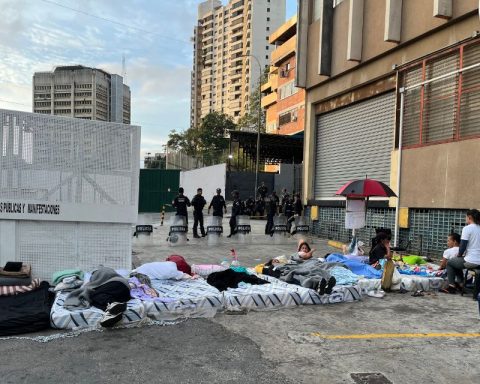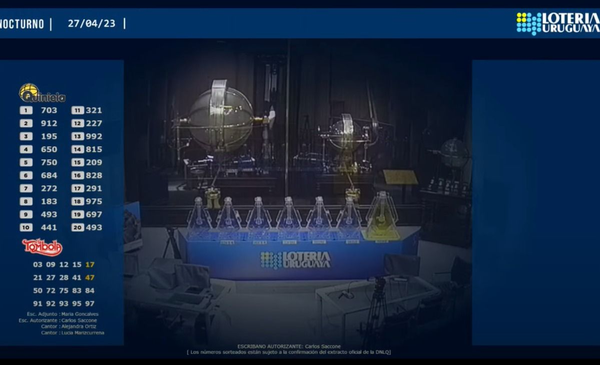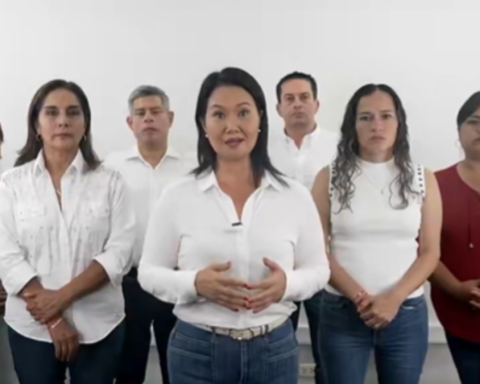Fedeagro exposed in its Annual Assembly the bottlenecks that Venezuelan farmers, ranchers, fish farmers and fishermen currently face and on which concrete actions are required to face them
The Fedeagro Annual Assembly was held on April 19 and 21 in the city of Carora, Lara state, and where an important space was dedicated to reflect on fundamental issues of the national agricultural sector and analyze and discuss the necessary tools and policies to grow sustainably and consolidate the national agri-food system.
The motto of the event that framed the 2023 Assembly was «Policies and tools to generate change
necessary” and the considerations that follow include some concepts and ideas exposed there, which they consider essential to aim at the change proposed by the union.
In a document entitled the “Carora’s statement: Wake up, it’s agriculture! » They pointed out that it is time for agriculture to assume from now on the role it played until the beginning of the 20th century; “Not only as a sector that produces raw materials and food, the generation of rural employment and regional added value; but for generating positive externalities (environmental, social and patrimonial) that give it a superior role to the rest of the economic activities, among them it is worth mentioning: the occupation and planning of the territory, the sustainability, the environmental conservation, rural landscaping, rooting, values and customs.
The representatives of fedeagro They pointed out that Venezuelan agriculture has given unequivocal signs of its ability to react, even in restrictive economic conditions such as those present in the last eight years. They argue that the mere fact of releasing controls and imports of inputs, halted the decline in production between 2008 and 2020.
«Of course, the agricultural production of the last two years is very far from being equal to that obtained three decades ago; but we are sure that the productive systems, the improvements incorporated to the land that Venezuelan farmers have developed throughout our geography, their unwavering will to work and addressing some problems that limit growth, the sectoral response would be even more significant.”
These are the critical knots in the sector exposed in the Annual Assembly of Fedeagro:
1.- Limited access to financing. The obligation of the banks to deposit a high percentage of their deposits in the BCV (73%) and an unwise administration of the productive portfolio, limited to two agricultural items and the approval of the beneficiaries of the credit by the MAT, with high withholdings of the amount assigned in credit and interest collection for various concepts, blur the objective and usefulness that the Agricultural Portfolio performed when it was in force, even with its imperfections.
2.- Shortage of fuel. Diesel and gasoline move the agricultural sector, it is impossible to prepare land, sow, fertilize, control pests and diseases, harvest, move inputs, mobilize workers and market crops without fuel.
Despite going to the local, regional and national instances, of the institutions with responsibilities in the matter, the problem is still present, with no sign of a solution.
3.- Smuggling and imports without payment of duties, VAT and customs taxes that arrive in the country at the time of the national harvest, in considerable volumes, of doubtful quality and in items with a marked contraction in consumption. Corn, rice, sugar cane, coffee and vegetables are among the most affected items.
4.- Organized underworld harassment. Assaults on farms, rustling, kidnapping, robbery and vaccinations are the order of the day. Productive axes of great regional importance are territories of pranatos and other types of gangs.
5.- Inflation in dollars, higher than 50% year-on-year, limits the growth of the agricultural frontier. The ability to grow is increasingly reduced, without financing and with the growth of production costs.
6.- Blind sowing. It is not possible to start a production cycle without prior agreement on how the price will be determined. As an example, in short-cycle crops, more than six months pass from the purchase and collection of inputs to the delivery of the harvest.
An agreement is required that allows the farmer to assume the risk of sowing, cultivating and harvesting with an expectation of income that generates a minimum of profit.
It also requires institutions that arbitrate the agreements and do not have interests to defend, as are the subsidies in kind from the national government.
7.- The depletion of the useful life of 90% of the park of machinery, equipment and agricultural implements in the country. The last two years it has been possible to stop the fall with significant growth in productivity (Kilograms per hectare); but to recover the rate of growth and increase the agricultural frontier, we have to repair and expand this park.
Disinvestment in productive infrastructure. There is a positive correlation between public investment and growth in agriculture. Agricultural roads, drainage, irrigation, communications and public services in the rural sector have a process of progressive deterioration that limits growth.
8.- The technological delay. Our research and technology transfer centers are in worrying neglect. The state of the physical plants of our universities and State institutions and their equipment is pitiful and every year it becomes more difficult to recover them.
9.- Official neglect and institutional deterioration. Very few initiatives for the agricultural sector arise and are developed in State agencies to prop up growth and the bureaucratic burden they support is becoming heavier.
10.- The persistence of attacks against property. The appetite to seize private property still persists and political groups backed by local authorities do not give up in their efforts to affect private property in regionally important production axes. There is no worse discouragement to grow than invasions and the seizure of farms.
*Read also: Fedeagro alerts agricultural growth to cease if bank credit remains inactive
Post Views: 410
